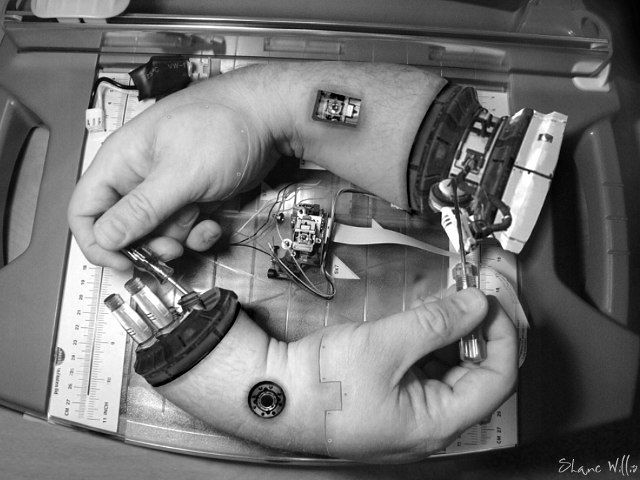Abstract :
In this talk coherence-based models are proposed as an alternative to argumentation models for the reasoning of normative agents and normative deliberation. The model is based on Thagard’s theory of cognitive coherence and exploits the coherence relations that exist between claims and conclusion of arguments. A coherence-based model is intended to introduce more flexibility in the process of deliberation and agreement generation among normative agents. The basic coherence philosophy and what makes it interesting in the context of normative agents that deliberate to regulate a domain of interest are discussed.
This paper shows the application of coherence models to an argumentation model in a normative, regulated environment. I’m interested not in tris particular application, but in the coherence theory (Thagard).
Coherence estudies associations between pieces of information. It tríes to separate information in sets that mutually support the data. In some way, it can be consideres as a constraint satisfacción problem.
Different types of coherence can be identified: deductive, explanatory, deliberative, analoogous or conceptual, depending on the type of information. The Thagard model is a model of deductive coherence. It can be considered as a constraint satisfacción problem. But the main difference is that it does not try to maximize the partition (not the optimal -it is not needed to find a solution-)
Coherence applied to argumentation sees positive relates info as supporting arguments and negative weights as attacks to a claim.
Problem (general) How the coherence weights are calculated? Well, it is addressed in the questions: depends (roughly) on the number of arguments supporting a hypothesis.
Something interesting in the conclusiones: it can model different tupes of agente (utility maximizares, norm abiders, altruistic…) What about diferentt personalities? And a possibility for us: introduction of contexto as part of the future work.
More infomration, read Sindhu Jospeh PhD. thesis, «Copherence-Based Computational Agency«

